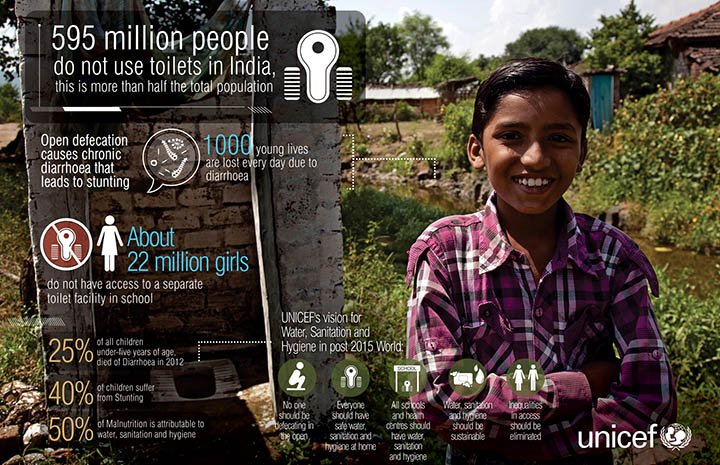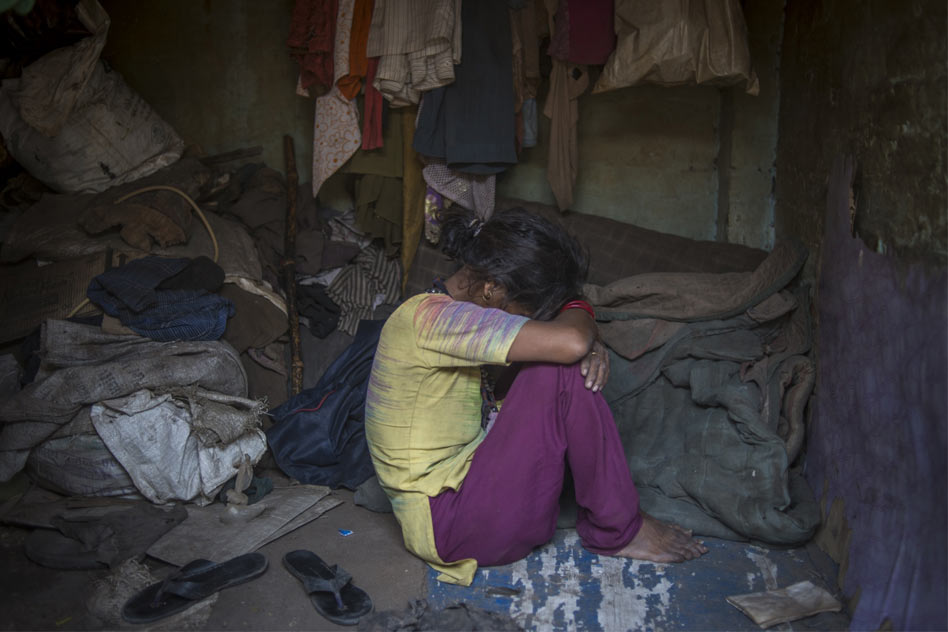JHARKHAND: A 17-year-old girl killed herself in Jharkhand’s Dumka district after she failed to persuade her parents to build a toilet in their house, exposing the contemptible state of amenities as basic as in-house toilets in our country.
Khushboo Kumari, a first year BA student, hanged herself at her home on Friday, embarrassed to have to go out to the fields for daily ablutions. She had reportedly made several requests to her parents to build a toilet at home, but they had turned her down. Sripati Yadav, Khushboo’s father said he planned to save money for her marriage rather than build a toilet.
They are not alone — over 92 percent of rural households in Jharkhand don’t have toilets.
The tragedy underlines a growing awareness on hygiene among the younger generation in the state which has country’s highest rate of open defecation. According to a global study conducted by UNICEF, India has the largest number of people defecating in the open: more than 595 million. India accounts for a staggering 90% of South Asians and 59% of the people in the world who practise open defecation.
HEALTH RISKS POSED BY OPEN DEFECATION
- Open defecation increases communities’ risk of polio infection.
- Open defecation is the main reason India reports the highest number of diarrhoeal deaths – 188,000 every year- among children under-five in the world. Children weakened by frequent diarrhoea episodes are more vulnerable to malnutrition, stunting, and opportunistic infections such as pneumonia.
- Open defecation exposes women to the danger of physical attacks and encounters such as snake bites.
- Open defecation gives rise to poor sanitation which in turn cripples national development.

If we want to put an end to this practice, we should keep two things in mind: creating awareness and constructing toilets. Construction of toilets is still seen as the government’s responsibility, rather than a priority that individual households should take responsibility for. The challenge is to motivate people to see a toilet as fundamental to their social standing, status and well-being.
Image Source: UNICEF
Cover Image: (WaterAid/Poulomi Basu)












